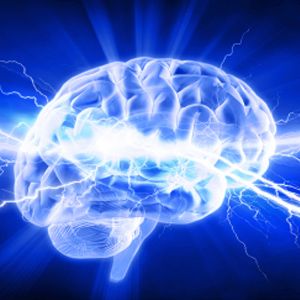
IBM is teaming up with the New York Genome Centre to help fight brain cancer.
The company said that its Watson cloud computing system will be used in partnership with a New York-based genetic research centre mainly to help sequence DNA for the treatment of glioblastoma, the most common type of brain cancer in US adults.
New York Genome Centre, a consortium of academic, medical and industry officials, will use Watson to sequence the DNA of cancer tumours at much faster rate than would be possible if done by a human being. The DNA information would then be combined with clinical information and fed to Watson to help determine the best way to treat a particular patient.
Read: Study reports progress against fatal brain cancer
What makes Watson unique is that it isn't programmed like most computers. Instead of relying on the information that's put into it, Watson learns by "reading" vast amounts of information and combining it with the results of previous work to find answers to problems. Those characteristics make Watson ideal for extremely data-heavy work in fields such as health care and finance.
'Big data on steroids'
John Kelly, a senior vice president and director of IBM research, says there's a vast amount of data involved in DNA sequencing, which then must be combined with all of the clinical data involved in a particular patient's case. The resulting pool of information is so big that it's impossible for people to deal with.
"This is sort of big data on steroids," Kelly says.
Dr Robert Darnell, New York Genome's president, CEO and scientific director, says that to completely analyze one person's brain tumour, doctors would have to sequence 800 billion base pairs of DNA, adding that it took him a year to sequence 140 pairs by himself. In comparison, Watson can sequence 75 million base pairs in one second.
And Darnell says that once doctors know a tumour’s genetic makeup, they can use Watson's computing abilities to determine the best treatment for a patient based on the tumour’s mutations. For instance, if a child's leukaemia shows genetic traits similar to melanoma, a melanoma drug might be successful in shrinking that child's tumour, he says.
Needle in a haystack
"This is the proverbial needle in the haystack and the haystack is enormous," Kelly says. "Watson can do in seconds what would take people years. And we can get it down to a really personal level."
The doctors working on the project hope to start with 20 brain cancer patients, sequence their DNA and then run the information through Watson to figure out the best ways to treat them, Darnell says.
Armonk, New York-based IBM Corp. already has a partnership with Memorial Sloan-Kettering Cancer Centre, where Watson is also used to help treat cancer. Earlier this year, IBM announced it would invest $1 billion to give Watson its own business division and headquarters in New York City.
Read more:
Brain tumour vaccine promising
Vaccine hope for kids with brain cancer




 Publications
Publications
 Partners
Partners















